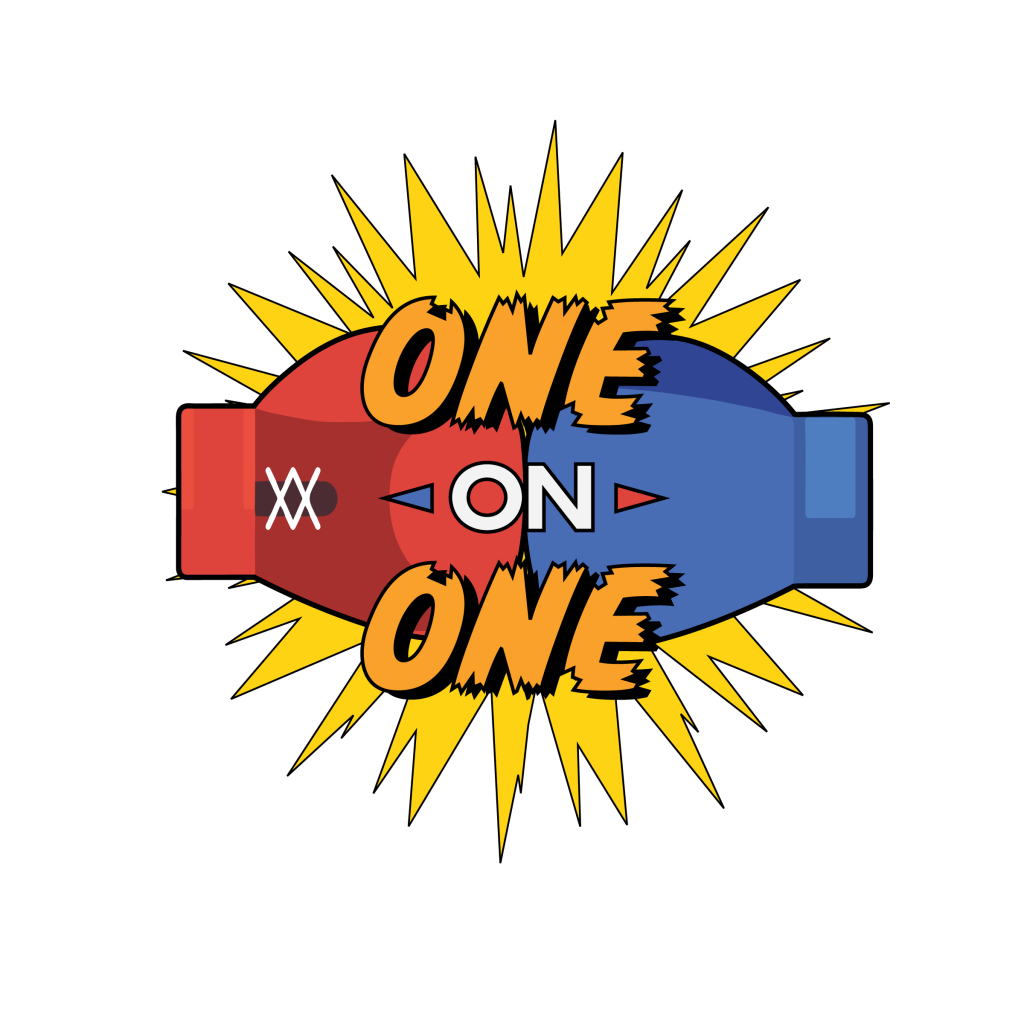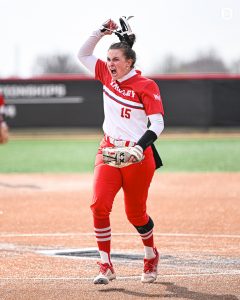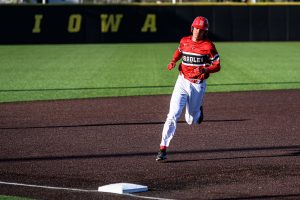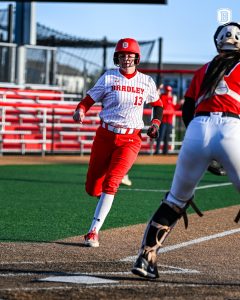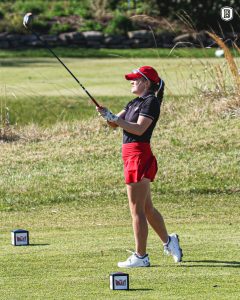Will money change college sports forever?
BY RODRIGO PEREZ
Contributor
A new law was recently passed that made it possible for NCAA athletes to profit from their name, image and likeness. However, the concern is that these new changes will disrupt the playing field, since some argue that athletes at smaller schools can not make as much as athletes at bigger schools.
This new law will not be harmful to smaller schools since schools are not allowed to directly pay their athletes. Student athletes can only make money from their name and fame with endorsement deals and social media promotions. Schools are still not able to give their players salaries or benefits like a professional team would.
A deep concern with these new rules is that schools are able to organize endorsements for their student athletes. Bigger schools are able to bundle bigger and better deals for their student athletes, reducing the appeal of smaller schools. While this might be true, promising student athletes in the past have gone to the most impressive schools that have expressed interest in them.
While change is always a scary concept, especially in the world of sports where we are so used to the current model, this new law will only benefit the players. College sports may change, but I really don’t think that it will be for the worst.
As unfortunate as it is that athletes at smaller schools might not have as big of endorsements as those at bigger schools,shifts in power when it comes to competition are bound to happen, college sports will always remain an important part of our culture, no matter what college athletes get paid.
NIL is bad for college sports
BY MASON KLEMM
Contributor
The new NIL laws are not beneficial for colleges or college athletes.
While it is good for the superstar athletes who are able to garner deals from big brands to profit off of their name, image and likeness, the same cannot be said for average college players or players from less popular sports.
For example, Alabama quarterback Bryce Young has already earned around $1 million in NIL deals and he never started a game until this season. If brands are willing to pay huge sums of money to athletes who haven’t even proven themselves in their sport, it can be problematic. Who’s to say these players won’t just take their money and run once their college career is over, hurting professional sports as a result?
Now, imagine the offensive lineman protecting Bryce Young. They don’t get nearly the same amount of money as their quarterback, yet they have just as important of a job. Barstool Sports has tried to remedy this by letting any student-athlete become a “Barstool Athlete.” However, even Barstool doesn’t know what that will entail, so I wouldn’t trust the young players to know either.
The new rules also hurt colleges. As mentioned before, if a player earns enough money from endorsement deals, they could make the choice to just walk away from their sport or not try their hardest to win. We’ve already seen how some professional athletes behave when they’re not getting enough money (see all the holdouts from practices due to contract disputes), so why would college athletes be any different?
